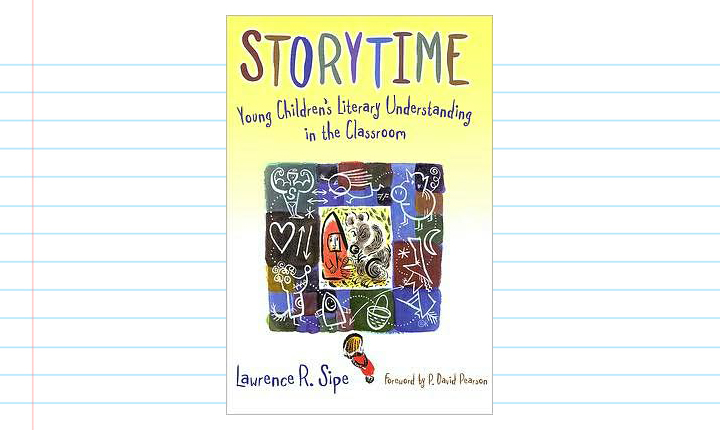The Longest Shortest Time
Storytime!
I’m pleased to report that sleep patterns are nearly back to normal. Sasha still puts up a fuss when I set her down in her crib, but she seems to be able to soothe herself relatively quickly. I am now convinced that she will sleep well once the new cast comes off in (fingers crossed) one week. That said, I finally feel like I can move on to talking about other things. Like how interesting reading has become.
In the last few days, Sasha has begun reading to me. Her favorite book to do this with has got to be Grumpy Bird by Jeremy Tankard. She paws through the pages, telling me, “Bird wake up. Grumpy. Walking. Hi Sheep. What are you doing? Walking. Other animals stopped. Fly. Have a worm snack!” If you know the story, this is a pretty good summary. I’ve been thinking lately about the boredom I talked about in episode 3 and what a welcome change it is to have the baby actively entertaining me. I’ve also noticed her making connections between two unrelated stories, like how there’s a gorilla in When Sophie Gets Angry—Really, Really Angry . . ., which reminds her of the star of Good Night, Gorilla. This all made me think about a book I read pre-Sasha called Storytime: Young Children’s Literary Understanding in the Classroom by Lawrence Sipe.
Back before I started this podcast, I produced a podcast for the University of Pennsylvania’s Graduate School of Education (hosted by the dad in episode 12). In one episode we featured the fascinating research of Lawrence Sipe, who sadly passed away earlier this year. This book is a pretty academic read, but if you have a young child it will give you an in-depth understanding of what goes on in her mind when you read to her (or she reads to you). And it may give you some ideas about how to approach storytelling with her—where to ask questions instead of providing answers; how to decode the rich messages in endpapers and dust jackets; and when to allow her interpretation of a story to trump the “real” story, even if we know her interpretation to be factually incorrect.
If you’d like to hear a hilariously complex example of such an interpretation and learn why reading aloud to children is essential to our democracy, listen to the podcast episode here.
The Longest Shortest Time may earn a small commission from products linked on this site. Using our affiliate links helps support our work.
